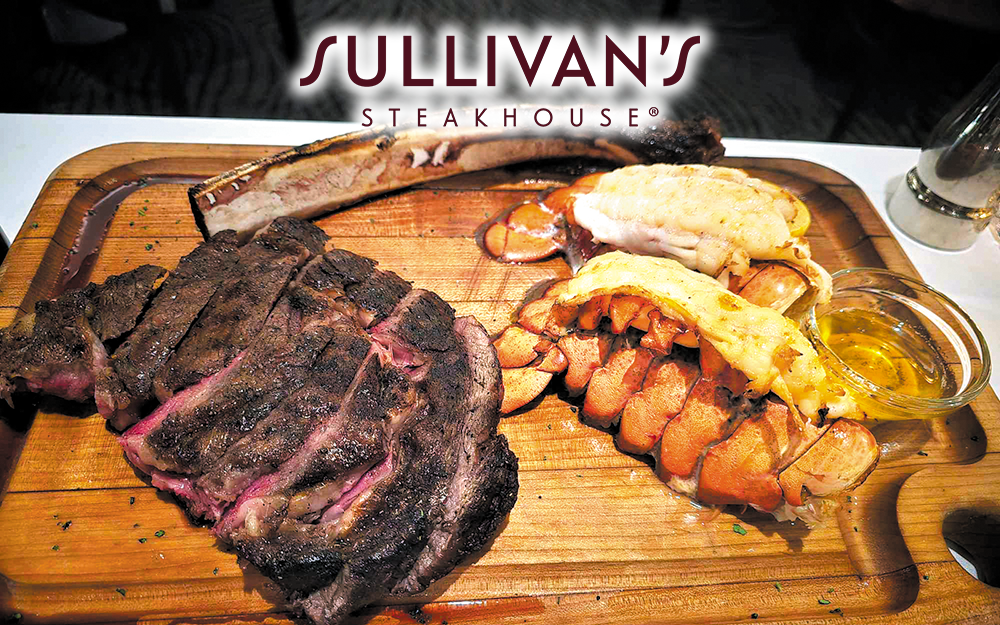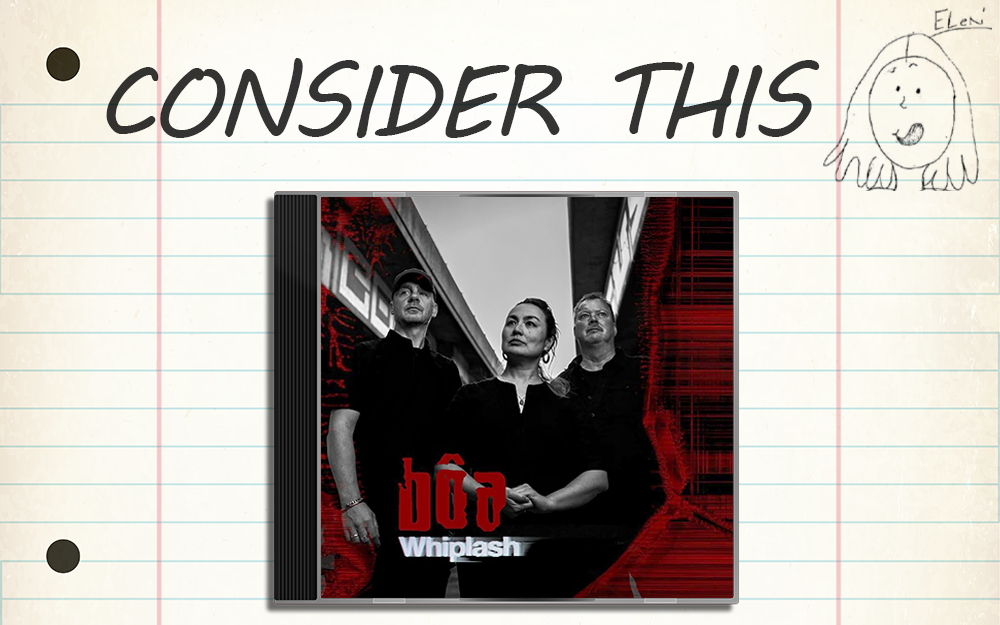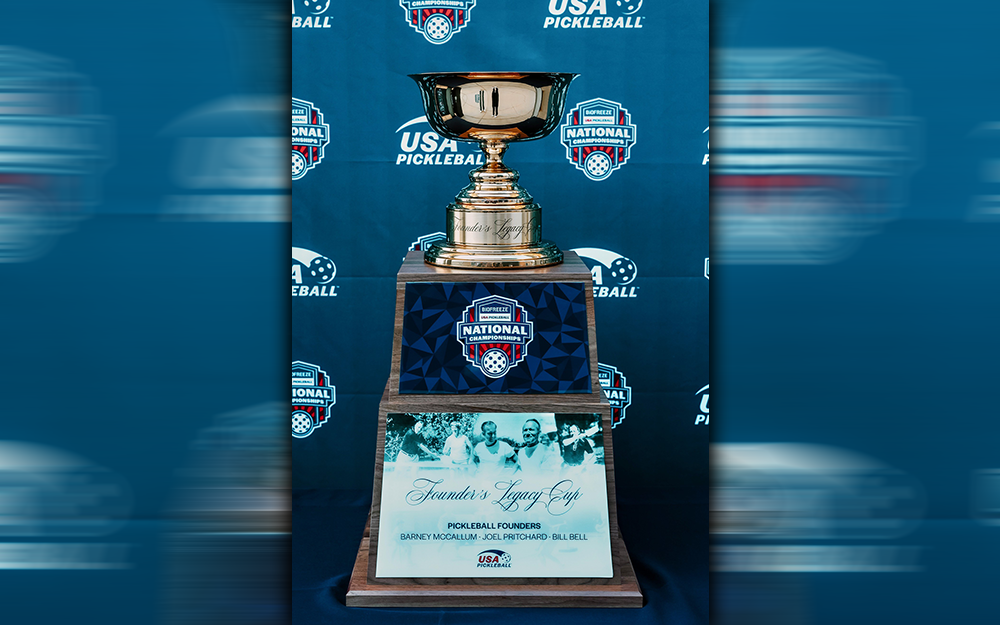Bob Dylan has been a recording artist for over 50 years.
He began as an acolyte of Woody Guthrie’s. After exploring and
absorbing historic Blues and Folk music, he invented a style all his own.
Bob Dylan (ne’ Zimmerman) re-wrote the rules of Rock & Roll.
His singing was idiosyncratic at best, but he was the first artist to
incorporate topical and political lyrics into his own songs. The results
were classics like “Blowin In The Wind,” “Masters Of War” and “The Times
They Are A-Changin’.” Music that acted as a clarion call for the disaffected
youth of the early 60s.
At the height of his Folk popularity Dylan switched gears and went
Electric. Although this angered Folk purists, Dylan gained a larger Rock n’ Roll
following. In less than 2 years he recorded Bringing It All Back Home,
Highway 61 Revisited, and Blonde On Blonde. In the process he created
an enduring rock n’ roll triptych. By 1966, the song, “Like A Rolling Stone,” became
an anthem for a generation.
Following a life-changing motorcycle accident Dylan spent the late
60s and early 70s raising his family in seclusion. He sporadically recorded albums
that ran the gamut from the sublime (John Wesley Harding), to the
ridiculous, (Self Portrait).
His divorce produced two iconic 70s recordings, Blood On The
Tracks and Desire. His spiritual wanderings led to a Born Again Christian
phase that resulted in the Gospel rock of Slow Train Coming and Saved.
Dylan began his never-ending tour in the 80s. Although he was
able to stretch out creatively on the road, his recordings during this period
reached a nadir. Luckily he bounced back with the Super group the Traveling
Wilburys. Here Dylan reveled in being one of the band. Of course it was a band
of superstars, featuring Roy Orbison, George Harrison, Tom Petty and Jeff Lynne.
Re-invigorated, Dylan recorded his best effort of the 80s, Oh Mercy.
In 1997, Dylan released the undisputed classic Time Out Of Mind.
The effort was as potent as Blonde On Blonde and as sly and heartfelt as
Blood On The Tracks. In the last decade, Dylan’s output has been
consistent, but merely workman-like. Love & Theft from 2001, Modern
Times from 2006 and Together Through Life from 2009, had their moments,
but felt more obligatory than revelatory.
Tempest marks Bob Dylan’s 48th recording. Unfortunately it
feels like his least inspired effort to date. The album begins with promise:
“Duquesne Whistle” is a jaunty train travelogue co-written with Robert
Hunter, former lyricist with the Grateful Dead. The melody and instrumentation
is a heady brew of Western Swing and Gypsy Jazz, summoning the ghosts
of Bob Wills and Django Reinhardt.
Dylan’s destination is carnal on both “Soon After Midnight” and
“Narrow Way.” The former opens with sprightly Hawaiian guitars but settles
into a turgid groove. The weird lyrical imagery points toward a late night
assignation, but the melody needs a shot of musical Viagra.
The latter weds a repetitive cluster of notes to a long winded
narrative thread. Here Dylan half-heartedly pursues a “”Heavy Stacked
Woman.”
Most of the songs on Tempest are bogged down by
repetition. “Tin Angel” wants to be an epic outlaw tale but it’s
really just a catalogue of gestures slowly nudging the action along
at a snail’s pace. “Long And Wasted Years” is a soporific stream-of-
conscious ramble.
Meanwhile, “Pay In Blood” is a laundry list of trenchant
Dylan-isms like “The more I take, the more I give/The more I die, the
more I live.” Or “Man can’t live by bread alone/ I pay in blood, but not
my own.” Despite the upbeat melody the result is a banquet of
non sequiturs.
Bob Dylan will never be seen as a proponent for Equal
Rights, but the casual misogyny on Tempest is off the charts.
The songs here are populated with a “scarlet harlot,” a “greasy-
lipped wench” and a “flat-chested junkie whore.” Even within
the context of the songs, this sort of cheap imagery is beneath him.
“Early Morning Kings” offers up the best melody on the
album. That’s because it’s a blatant rip-off that steals equally from
Bo Diddley’s “I’m A Man,” and Muddy Waters’ “Mannish Boy.”
Is it some form of subliminal plagiarism? How did the executives
at his record company miss this? Or is it a case of the Emperor having
no clothes?
The lyrics on “Early Morning Kings” are a mess. The kings
here are either Biblical figures, bounty hunters or Sinatra’s Rat Pack,
(it’s hard to tell). But Dylan offers up this nugget of septuagenarian
sophistication: “I aint afraid to make love to a bitch or a hag.”
Uh, thanks Bob, duly noted.
There are only 10 songs on Tempest, but the album
clocks in at 68 minutes! At nearly 14 minutes the title track hits rock
bottom. It’s a countrified lament concerning the Titanic. Not the
passenger ship that hit an iceberg and sank in 1912, but the 1997
movie!! Not only does Dylan name check Leonardo Di Caprio, but
the song actually feels longer than the 2 and a half hour film.
Ironically, the closing track on Tempest is the beautiful
“Roll On John.” It’s simple and poignant. A not so cryptic elegy
for John Lennon. Here Dylan truly summons the majesty of his
songwriting skills. Too bad this sweet song can’t erase the crap-tastic
60 minutes that precedes it.
Tempest is a dispirited tangled mess. It tarnishes
his legacy . Dylan seems worn out. By the end of this record, we are too.













































Comments are closed.